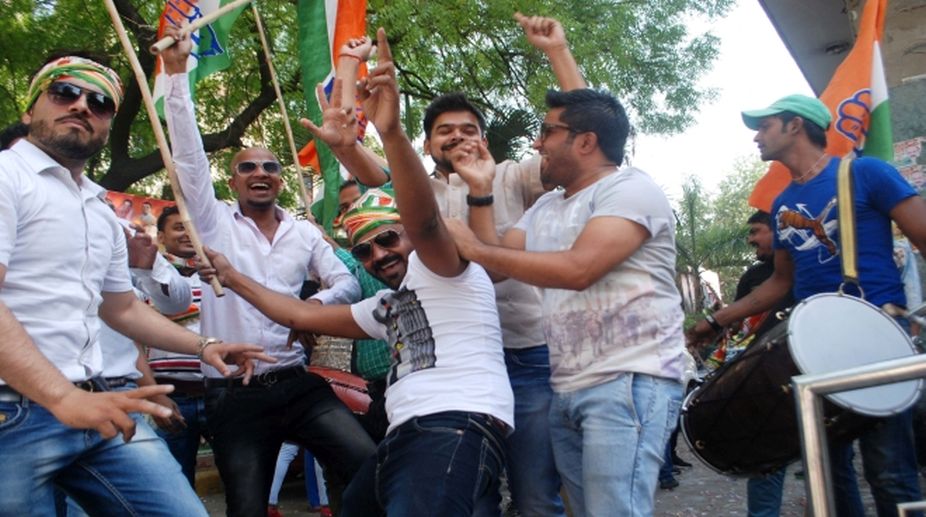NIRF Ranking 2022: JU, CU top institutes in India
Chief Minister Mamata Banerjee said she was “proud” that the state's two universities secured top two positions in the NIRF ranking list.

Representational image (Photo: SNS)
A decade after JM Lyngdoh had recommended the delinking of politics from college union elections, West Bengal is poised to witness a dramatic ~ and welcome ~ shift in campus engagement if the Chief Minister’s signal of intent attains fruition.
And there is no reason why it shouldn’t unless the political class ~ cutting across party lines ~ throws a spanner in the works.
Advertisement
Much as the redefined agenda for the students’ tryst with democracy has belatedly been crafted, it would be a little off the mark to aver that the St Xavier’s College model has shown the way.
Advertisement
Yes, in a way it has; but it must be acknowledged that the former Chief Election Commissioner had advanced the critical formula way back in 2006. Since then the state has known three dispensations ~ the tumultuous final innings of the CPI-M (2006-11) and two phases of the Trinamul government (2011 onwards).
A profound advantage of St Xavier’s has been the influence of the Jesuit Fathers, and never the government’s, still less the parties.
The institution has thus been able to keep parties and politics at a distance from the campus. For more than a decade, parties across the spectrum and across the country have chewed over the proposal and the reason is pretty obvious ~ Politicians are loath to shed their control over the campus.
Major universities have been roiled by violence, when not death of students and policemen… as in a college in Kolkata’s Garden Reach, not to forget the districts where local goons ~ owing allegiance to the party in office ~ call the shots on election day.
It is a measure of the tacit involvement of the government that Kolkata’s Police Commissioner was moved out for arresting the allegedly Trinamul-backed culprits in the wake of the death of a sub-inspector on college election day. On the surface, the first major campus reform in decades is on the anvil in West Bengal.
Which at once begs the query whether it would be reasonable to expect a dramatic turnaround for the better. Contextualised with the ban on rallies in College Square, the twin decisions, both long overdue, should ensure peace and order in the city’s academic hub.
The Bill that is being crafted envisages that students will have to contest union elections as "individuals", thus hopefully minimising the disrupting roles of Trinamul Chhatra Parishad, the CPI-M’s SFI, and the rest.
In parallel, festoons, banners and placards are to be banned within the college/university complex, and 60 per cent attendance will be mandatory for the student who wishes to contest.
Notable also are the changes in the composition of the student council ~ a senior teacher will be its president and another teacher its treasurer.
It is fervently to be hoped that the student and also, of course, the politician, will concur with the paradigm shift.
Advertisement